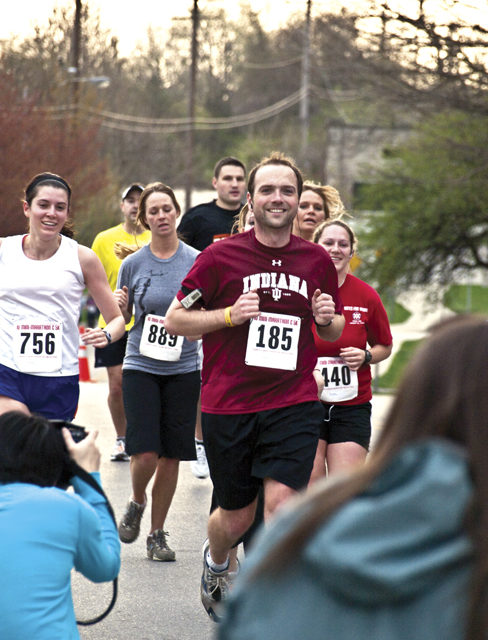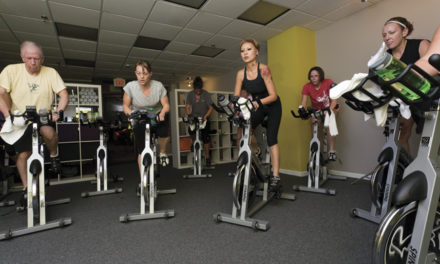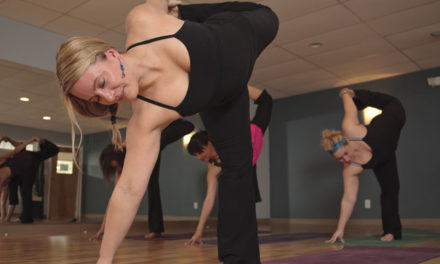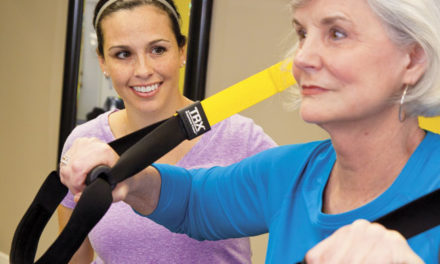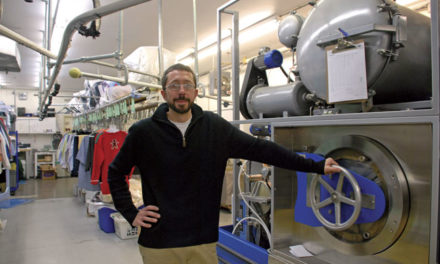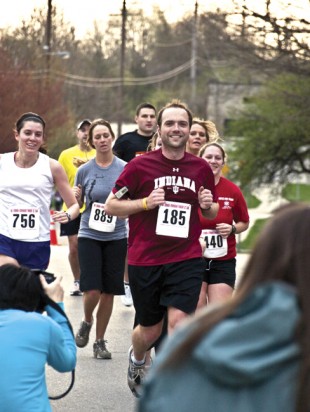
BY DALE BURG
More than 450,000 people finished marathons in the U.S. in 2009. If you plan to be part of that statistic in the future, knowing what running and fitness coach Jason Karp has to say about popular running myths could be helpful. Karp, who has a Ph.D. in exercise physiology from IU, wrote Running for Women, published in 2012.
Myth: You can get ready for a marathon in four or five months.
While some programs claim they can train you in a matter of months, that’s possible only if you’re already running 30 to 40 miles weekly, Karp says. The average recreational runner (15 to 20 miles a week) needs about a year to prepare.
Myth: Training for a marathon is a great way to lose weight.
“The heavier you are, the more oxygen it costs.” If you’re serious about running a marathon, Karp says, lose the weight first.
Myth: Running will give you skeletal problems.
There’s no greater incidence of joint disease or osteoarthritis among runners than among non-runners. Unless a family medical history of knee or hip problems suggests you, too, might be at risk, running is more likely to strengthen your bones than harm them.
Myth: Marathon success is all about the training.
A lot of what helps you to become a better runner happens during non-training time: getting nine or ten hours of sleep a night, staying off your feet, and eating well.
Myth: Strength training is important.
Running is primarily dependent on the delivery of oxygen to your muscles, but muscle mass impedes that process: it makes your heart pump harder to bring oxygen around to all the muscle cells. If your goal is to run faster, says Karp, use training time on getting additional mileage.
Myth: Pouring water on your head during a marathon is helpful.
You’re sweating faster than you can take in water, so if someone hands you a cupful, don’t douse with it. Drink it, Karp says.
Myth: Sugar is not okay.
For a marathon runner it’s very okay offering carbs in simple form that your body will use immediately. Says Karp, “I worked on a study at IU that shows chocolate milk was as good or better than a sports drink for recovery after a long or intense workout.” No more than 60 minutes after the run, start drinking two 8-ounce glasses hourly, and continue for four to six hours afterward. Have the complex carbohydrates (whole grains, produce) later.


